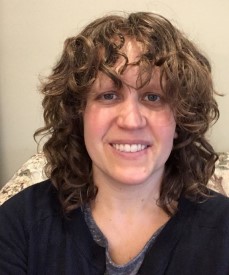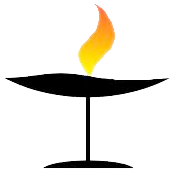Minister’s Blog

Dear Ones,
Happy Pride Month! I have often said, only half-joking, that Rainbow Sunday is our only truly UU holiday. We love and observe many, many holidays as UU’s, but when we do so, we draw upon the traditions and rituals of other religions that inspire us or that we are connected to. Winter Solstice, Diwali, Christmas, Ramadan, Rosh Hashanah and Yom Kippur… many of us here recognize these holidays and more, and they fill our church year with meaning, marking certain times as special and holy. But these holidays are all originally Pagan, Hindu, Jewish, Muslim, Christian – in other words, they are observances from other religions. Unitarian Universalism only officially came into being in 1961 when two formerly Christian denominations, Unitarianism and Universalism, merged. There are deep, ancient roots to both Unitarianism and Universalism, but the truth is, as our own religious movement, we are only about 60 years old. The newness of UUism can help explain why our holidays are mostly from other religions.
What days are special to you as a UU? I think of Water Communion for Ingathering Sunday, our rite of return in the fall, a very common and much beloved UU ritual. What else? If I’m missing a UU holiday, I should know about it. Let me know. And then there’s Pride. Pride does not originate in any other religion, and we observe it faithfully as UUs.
Pride is primarily a secular celebration of LGBTQ identity and rights. The first Pride march was in New York City on June 28, 1970, commemorating the one-year anniversary of the Stonewall Uprising. The Uprising happened one night in 1969 when trans women at a bar in New York refused to be arrested simply for being themselves. After that first-year anniversary march, the celebrations continued and expanded, spreading to other cities, encompassing whole weeks and eventually the whole month of June.
As UU’s, Pride has a special place on our church calendars. We go to Pride marches with our church friends, we celebrate Rainbow Sunday in worship, we honor LGBTQ history,
the progress we’ve made towards justice and inclusion, and the work that continues to call us. By doing all this out of our spiritual convictions, out of our identity as UU’s, we transform the secular into the sacred. Our Unitarian Universalist theology insists upon the worth and dignity of all people. So for us, Pride month, a month that recognizes the worth and dignity of all people, is a holy month. And Rainbow Sunday is a colorful, beautiful, and holy day.
We will have the opportunity to celebrate Pride as a congregation over the course of a couple of weekends this year. Rainbow Sunday will be on June 2. Then the following weekend, the Boston Pride Parade will be on June 8, and Sharon Pride will be on June 9. Hope to see you at one or all of these fabulous events.
Yours in faith,
Rev. Jolie

Follow Us!